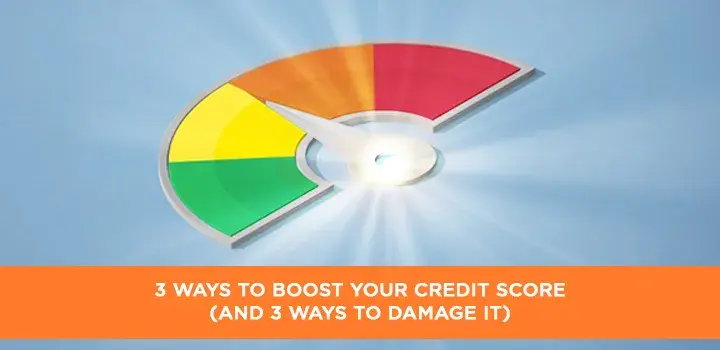
Since lenders generally review credit ratings when deciding on a loan, they are quite crucial. A good credit score indicates that you are a low-risk borrower, which could result in a loan's interest rate being cheaper. On the other hand, a poor credit score may result in a higher interest rate and might even make loan approval completely impossible.
Why does your credit score matter so much?
One of the most crucial elements lenders review before deciding on a loan is Credit score. A good credit score indicates minimal risk, which increases your likelihood of timely debt repayment. Conversely, a poor credit score might make loan approval challenging at least. Furthermore, should you be authorized, you might be shown less desirable terms. You could have to make a bigger down payment or pay more interest, for instance. You should therefore know what factors affect your credit score and how you can raise it. Getting authorized for a loan with good conditions will be simpler the higher your credit score.
Here are three ways to boost your credit score:
- Make all of your payments on time; payment history is the most crucial element influencing your credit score so it's vital to pay every time on time.
- Keep your balances low: Another crucial determinant of your credit score is credit use, or debt relative to your credit limit. You should so maintain your balances as low as feasible.
- Another consideration lenders take into account is the combination of credit types you own (e.g., revolving credit, installment loans, etc.). Mixing many kinds of credit might raise your score.
Conversely, here are three ways to damage your credit score:
- Making late payments: As was already discussed, your credit score is most greatly influenced by your payment history. Making late payments might therefore have a really bad effect on your score.
- Maxing out your credit cards: Your credit score is much influenced by credit card use as well. Maxing out your credit cards will therefore probably lower your score.
- While having a variety of Credit types might increase your score, shutting an unused Credit card can lower your score by limiting the amount of Credit accessible to you compared to the amount of debt you have, therefore raising your Credit use. Closing unused credit cards is therefore usually not suggested unless there is a strong reason to do so (e.g., you want to avoid yearly fees).
The bottom line
At last, give some thought to including a variety of credit categories on your credit report. Having a combination of revolving credit (like credit cards) and installment loans (like vehicle loans) might assist in improving your credit score. because credit scoring algorithms prefer to see that you can handle several kinds of credit responsibly. If you have little credit history, acquiring a secured credit card and utilizing it sensibly can also rapidly increase your credit file. These pointers can help you quickly raise your credit score and get back on track toward financial success.
Resources
What credit score is considered good?
Understanding Your Credit Score
What is a personal line of credit?
Tradelines: What They Are and How They Affect Your Credit Score
Top 10 Tips to increase your credit score